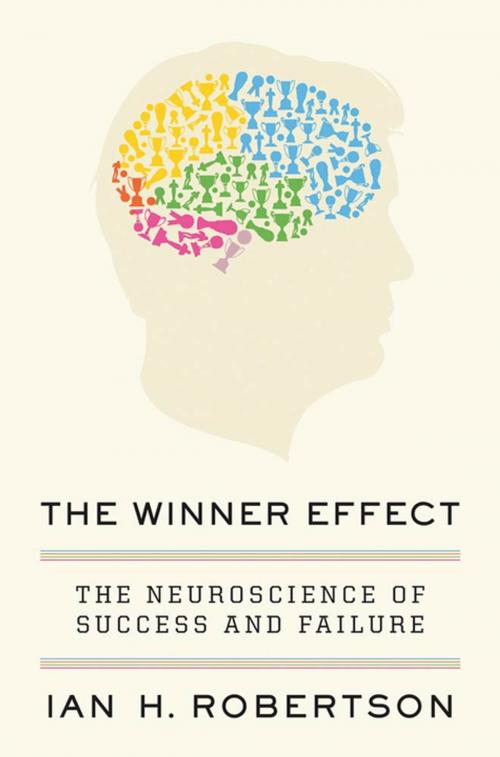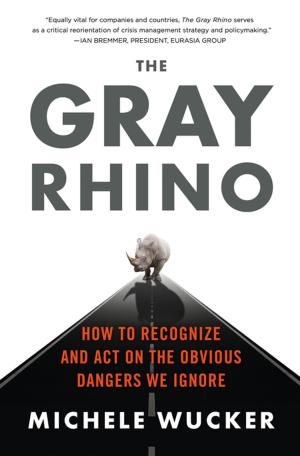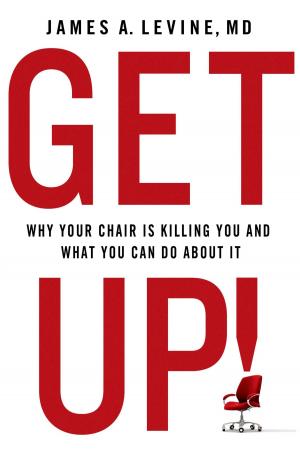The Winner Effect
The Neuroscience of Success and Failure
Nonfiction, Science & Nature, Science, Biological Sciences, Business & Finance, Human Resources & Personnel Management, Career Planning & Job Hunting| Author: | Ian H. Robertson | ISBN: | 9781250013644 |
| Publisher: | St. Martin's Press | Publication: | October 16, 2012 |
| Imprint: | Thomas Dunne Books | Language: | English |
| Author: | Ian H. Robertson |
| ISBN: | 9781250013644 |
| Publisher: | St. Martin's Press |
| Publication: | October 16, 2012 |
| Imprint: | Thomas Dunne Books |
| Language: | English |
What makes a winner? Why do some people succeed both in life and in business, and others fail? Why do a few individuals end up supremely powerful, while many remain powerless?
The "winner effect" is a term used in biology to describe how an animal that has won a few fights against weak opponents is much more likely to win later bouts against stronger contenders. As Ian Robertson reveals, it applies to humans, too. Success changes the chemistry of the brain, making you more focused, smarter, more confident, and more aggressive. The effect is as strong as any drug. And the more you win, the more you will go on to win. But the downside is that winning can become physically addictive.
By understanding what the mental and physical changes are that take place in the brain of a "winner," how they happen, and why they affect some people more than others, Robertson answers the question of why some people attain and then handle success better than others. He explains what makes a winner—or a loser—and how we can use the answers to these questions to understand better the behavior of our business colleagues, family, friends, and ourselves.
What makes a winner? Why do some people succeed both in life and in business, and others fail? Why do a few individuals end up supremely powerful, while many remain powerless?
The "winner effect" is a term used in biology to describe how an animal that has won a few fights against weak opponents is much more likely to win later bouts against stronger contenders. As Ian Robertson reveals, it applies to humans, too. Success changes the chemistry of the brain, making you more focused, smarter, more confident, and more aggressive. The effect is as strong as any drug. And the more you win, the more you will go on to win. But the downside is that winning can become physically addictive.
By understanding what the mental and physical changes are that take place in the brain of a "winner," how they happen, and why they affect some people more than others, Robertson answers the question of why some people attain and then handle success better than others. He explains what makes a winner—or a loser—and how we can use the answers to these questions to understand better the behavior of our business colleagues, family, friends, and ourselves.















